Disruptive innovation requires flexible and scalable IT resources.
Scientific and medical innovation depends on specialized expertise. There is no substitution for the value that years of experience and highly focused competence bring to research projects.
This is as true for sequencing a genome as it is for storing, processing, and analyzing genomic data itself. Yet, many Life Science companies use non-specialist vendors for scientific computing and IT infrastructure.
In an industry that heavily relies on applying focused expertise within a dynamic environment to succeed, fragmented IT support from multiple providers doesn’t deliver optimal results. This approach to ongoing IT support contradicts and constrains the research model as a whole.
Several factors contribute to the value of a scientific IT approach that favors smaller, more tightly focused groups of IT professionals with industry-specific experience. These teams enable cross-functional IT execution that improves research outcomes in ways that fragmented vendor relationships cannot.
Evaluating the Science-IT as a Service Model for Bio-Pharma Research
There are several principal areas where subscribing to scientific computing services with a holistic, integrated approach can significantly improve the efficiency and cost-effectiveness of Life Science research.
1. Cloud Computing
When properly implemented, Cloud computing has a transformative impact on Life Science research. Optimizing that impact requires using Cloud computing resources to deliver results in a transparent, secure way, yet Cloud integration can be a challenge for scientists and research IT administrators.
Expert-led Cloud deployment enhances the efficiency of Life Science research. These gains are only possible with guidance formulated from years of practical experience with scientific applications and workflows across the industry.
2. Data Management
Sound data management practices can accelerate Life Science innovation, enable better collaboration, and simplify compliance for researchers throughout every phase of the research cycle. When management makes data findable, accessible, interoperable, and reusable (FAIR), it improves the quality and accessibility of clinical data as well as real-world data and encourages innovation in research and development.
However, deploying a FAIR data management strategy remains a challenge for many Life Science research organizations and biopharma companies. The process of unwinding old, inefficient processes and implementing optimized infrastructure does not happen overnight. You can’t simply stop research and dedicate all your brainpower to restructuring data management – the transition must be strategic.
3. Emerging Technology
Emerging technology includes artificial intelligence, robotic process automation, and other machine learning-based innovations. These technologies carry a great deal of transformative potential in the Life Science field. Furthermore, they represent disruptive innovations that can compound into industry-leading advantages.
The downside is that emerging technology expertise is hard to find and difficult to integrate. Scientific computing consultants are far more likely to attract and retain top talent than individual research laboratories or scientific equipment manufacturers. As a result, organizations that contract consultancy services are better equipped to capitalize on that advantage.
4. High-Performance Computing
Life Science research is one of the industries best poised to capitalize on what high-performance computing has to offer. These technologies include predictive analytics and machine learning, which typically require large infrastructural investments to deliver consistent results.
Individual Life Science research organizations do not necessarily have to invest in their own high-performance computing infrastructure to enjoy the rewards of best-in-class technology. What they do need is expert guidance on applying high-performance computing resources towards research goals in a cost-efficient way.
5. Research Application Support
Software applications change and evolve all the time. From Commercial software, to open source and custom code, it’s not enough to purchase and deploy research applications for Life Science research. These solutions must also be strategically integrated within the compute ecosystem as a whole.
Life Science researchers with access to highly integrated systems can improve research outcomes while reducing the amount of time it takes to arrive at conclusive outcomes. It takes an agile, knowledgeable support team to ensure peak performance for a complex scientific research system.
6. System Administration
Life Science research organizations need to monitor sensitive data and review their security framework on a constant basis. Excellent system administration is key to effectively managing an environment that may contain millions of data points stored across innumerable devices and spread across networks.
Every single device – from smartwatches to genetic analyzers and more – can store and transmit sensitive, research-critical data. The process of organizing and maintaining the policies researchers use when handling this data is exactly the kind of work best-suited for an experienced specialist.
Restore Research Agility With Science-IT as a Service
It’s easy for Life Science research laboratories to overburden their research staff with scientific computing tasks that fall beyond the purview of their research responsibilities, yet outside of the core areas of expertise of most enterprise IT teams. Deploying and maintaining an optimal scientific computing workflow is work best delegated to expert partners who can support research outcomes and enable scientists to do what they do best.
At RCH Solutions, we call this approach “Sci-T.” We apply scientific expertise to cross-functional IT execution for Life Science research organizations, implementing innovative solutions that are scalable, agile, and cost-effective.
Interested in learning how we can apply this model in your organization? Contact our team to learn more.
RCH Solutions is a global provider of computational science expertise, helping Life Sciences and Healthcare firms of all sizes clear the path to discovery for nearly 30 years. If you’re interesting in learning how RCH can support your goals, get in touch with us here.




